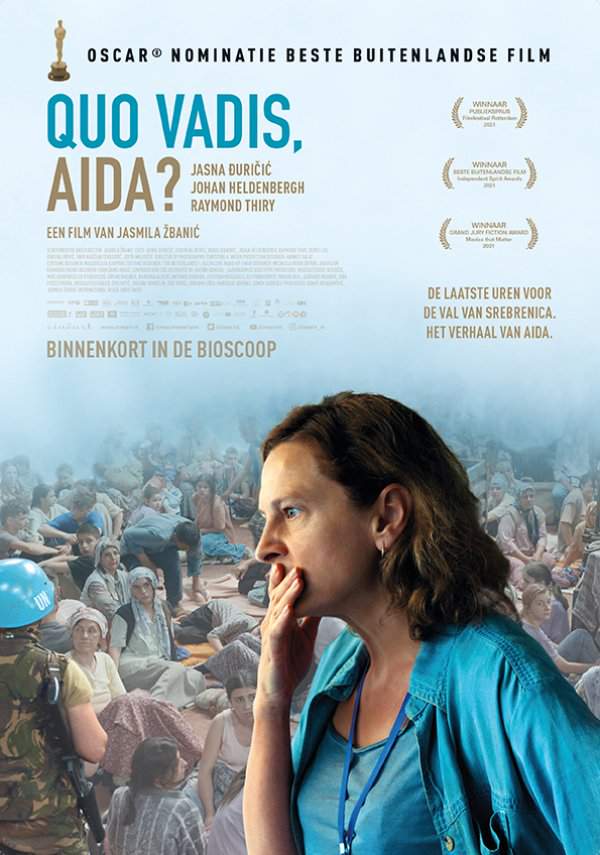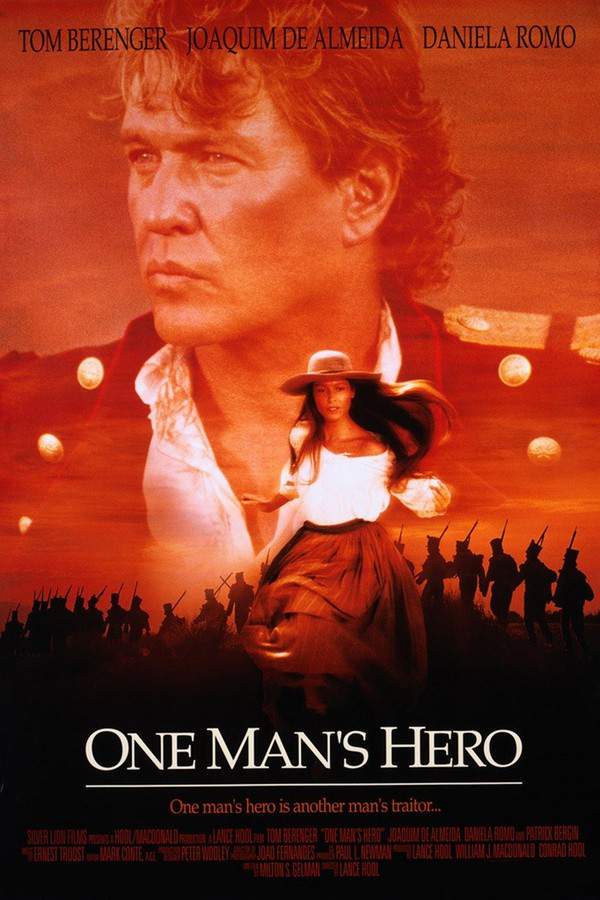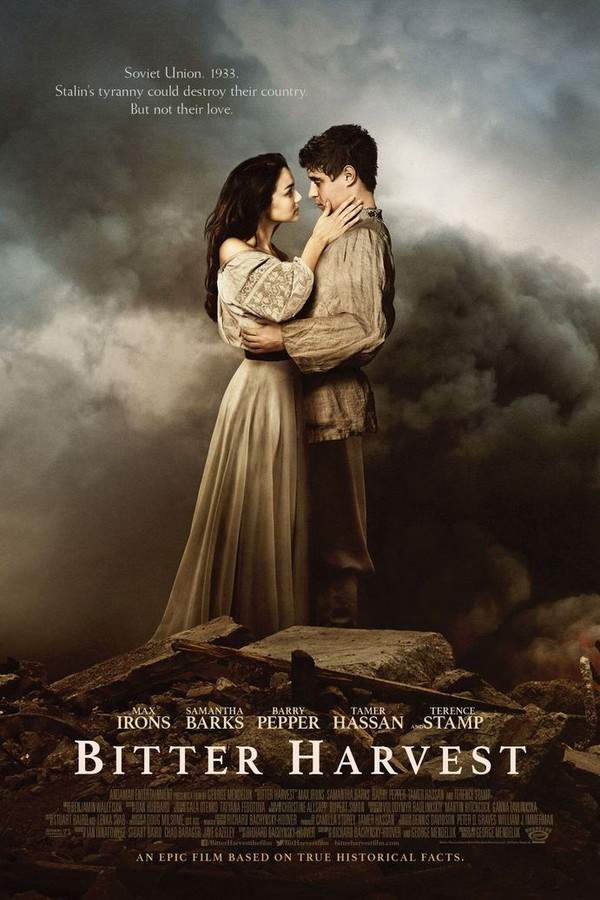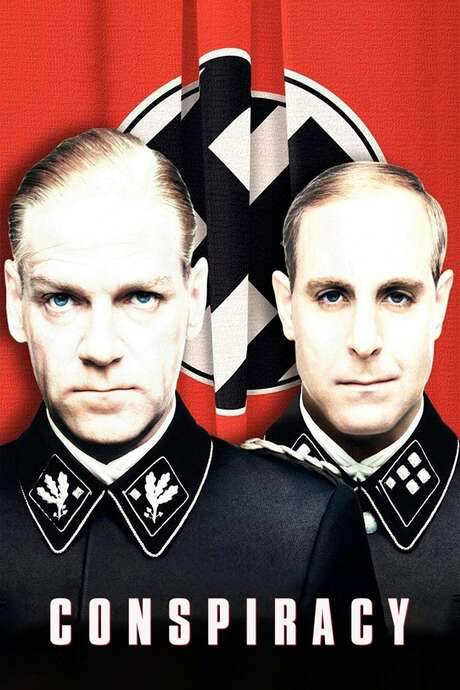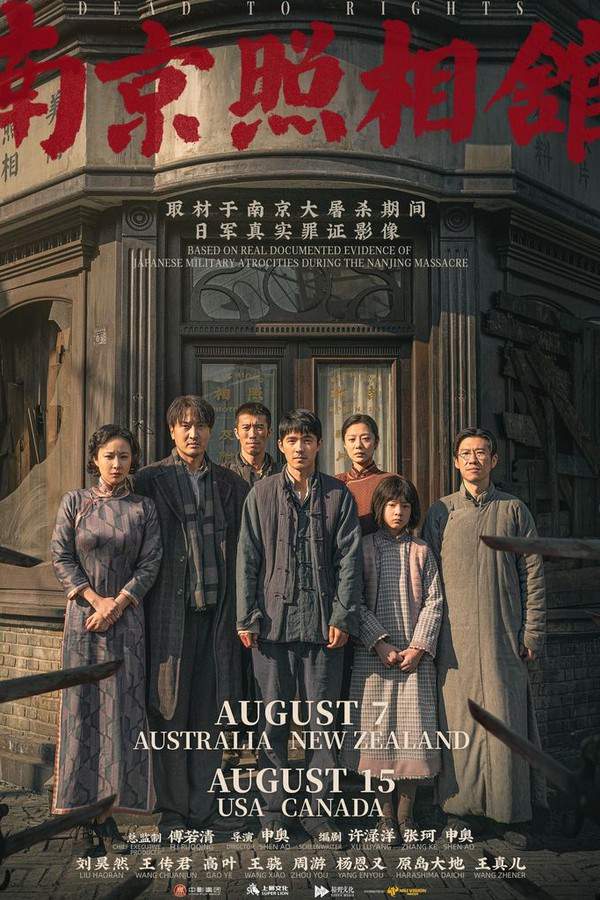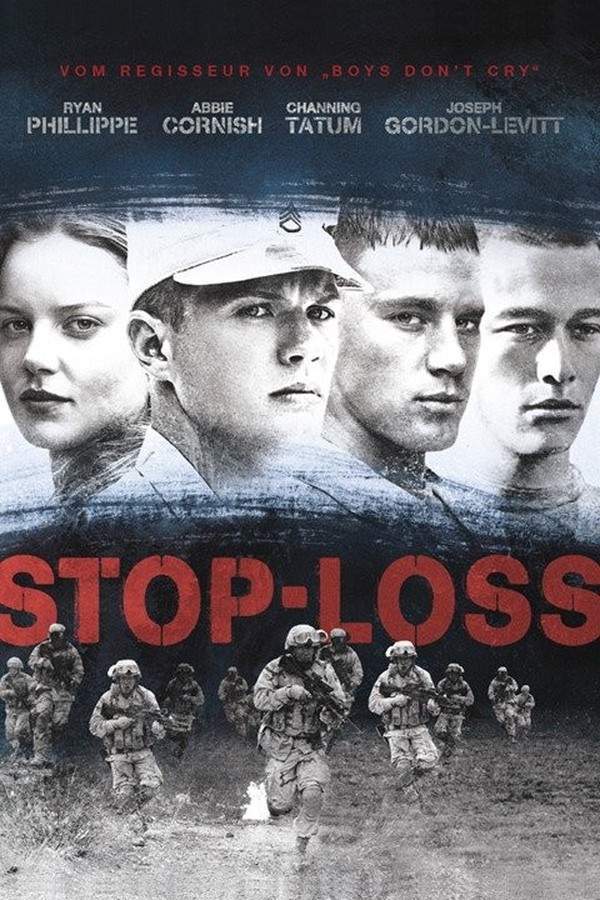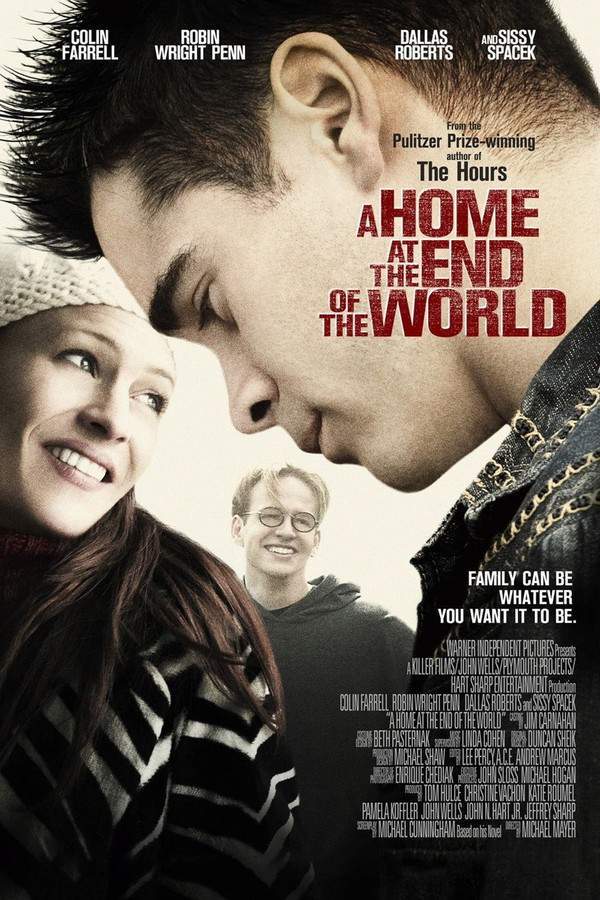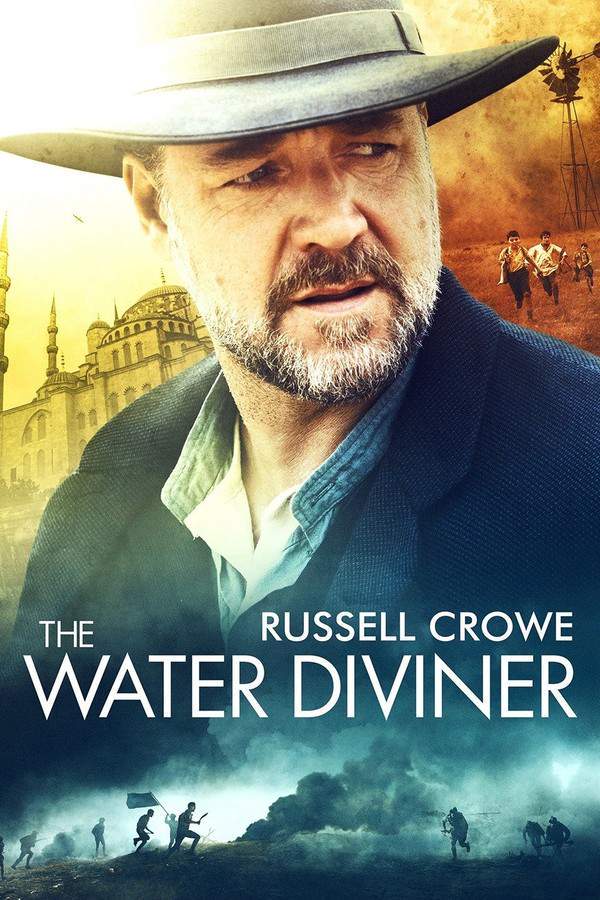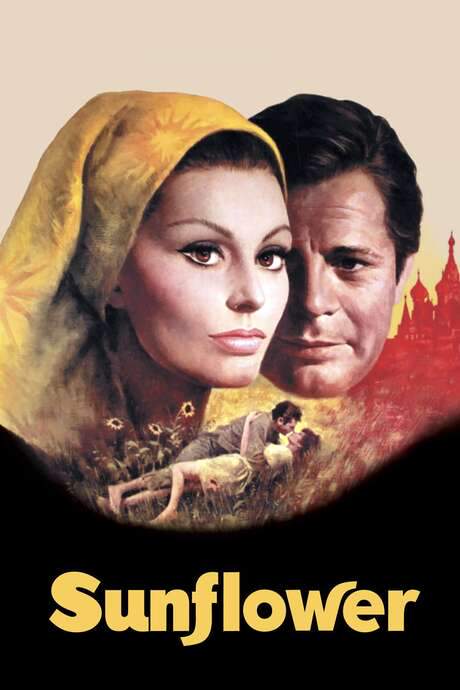
Children of War
Year: 2014
Runtime: 160 mins
Language: Hindi
Director: Mrityunjay Devratt
A young person’s search for belonging unfolds against the backdrop of a nation consumed by conflict. Inspired by the tragic events of the 1971 genocide, the film explores the devastating consequences of war and the difficult choices people make in times of crisis. It examines the dark side of humanity and questions whether the pursuit of power can lead to unimaginable atrocities. The film highlights the suffering of countless individuals and the lasting impact of violence.
Warning: spoilers below!
Haven’t seen Children of War yet? This summary contains major spoilers. Bookmark the page, watch the movie, and come back for the full breakdown. If you're ready, scroll on and relive the story!
Children of War (2014) – Full Plot Summary & Ending Explained
Read the complete plot breakdown of Children of War (2014), including all key story events, major twists, and the ending explained in detail. Discover what really happened—and what it all means.
In a quiet forest clearing, an old man known as Baba [Victor Banerjee] sits with an earthen pot, softly chanting Hindu mantras. A little girl asks what he’s doing, and he smiles, replying that this is his family and he is helping them sleep.
Kill 3 million of them and the rest will eat out of our hands.
Across the border, the film sketches a chilling prelude to catastrophe. The Pakistan President, Yahya Khan, is cited with a stark line that shadows the coming violence, while a broadcasted interview with Indian Prime Minister Indira Gandhi gauges the crisis and the refugee exodus, highlighting that reprisals and battlefield violence are already driving civilians from their homes. The story then shifts toward a present-day campus scene where a young speaker challenges a crowd, insisting on a layered identity: first we are Bangladeshi. Then, a Bengali. And lastly, a Muslim.
On 26 March 1971, the radio carries Sheikh Mujibur Rahman’s Proclamation of Bangladeshi Independence, a defining moment that anchors the rising resistance. The oppressed mood crystallizes the next day when Amir [Indraneil Sengupta] and his wife Fida [Raima Sen] are asleep when Pakistan Army officers break in. The soldiers beat Amir, and Malik [Pavan Malhotra] shoots the maid who tries to intervene, before abducting Fida.
In the brutal days that follow, Fida is taken to a prison camp where women are beaten and stripped, then separated by age. The older women are killed, while younger ones are confined in a large shed that becomes their makeshift living space. Malik, speaking to his men, explains with a chilling resolve that these women are being brought to “serve the nation” (mulk ki khidmat), and that the children born from their wombs will belong to Pakistan—thereby erasing a people’s future. The atrocity is stark, and the moral rot behind it is laid bare.
Amir survives the initial raid and learns of the killings of journalists; determined to amplify the truth, he arranges a meeting with Archer Blood, the American Consul General, to press for international condemnation of the army’s actions. His mission is perilous: a bus bearing reporters is halted by the army, all the men are killed, and the women are abducted. Amir escapes, carrying the weight of what he has seen.
Meanwhile, Kausar [Rucha Inamdar] and her brother Rafiq [Riddhi Sen] wander near a village scarred by massacre, where refugees later seek shelter. Baba leads a convoy of these refugees toward the Indian border, hoping for safety. That night, a newborn brings a sense of fragile hope to the refugee camp, and the group continues toward India at dawn.
Amir’s efforts to expose the truth draw attention from within the resistance movement too. He joins Mujeed [Farooq Shaikh], a wealthy organizer who helps mobilize local fighters. The resistance faction captures a Razakar who had previously aided the Pakistanis, and the exchange becomes a bitter reminder of how loyalties and atrocities intertwine. When Mujeed demands a reckoning, he is confronted by a brutal reality: complicity and indoctrination are deeper than he realized, echoing the madrasa’s influence.
As the guerrilla campaign intensifies, the fighters intercept a Pakistan army vehicle and seize Malik as a prisoner. The rebel leaders inform him that Mukti Bahini and Indian forces have secured a victory, and they demand surrender. Malik mocks Amir and his wife’s suffering, and in a surge of anger, Amir shoots the officer dead.
Kausar and Rafiq eventually reach the Indian border, hoping for sanctuary, yet they are spotted by Pakistani soldiers and Rafiq is shot. That night, Amir’s group storms the camp where Fida and other women are held, freeing them from captivity. When Amir finds Fida, she is heavily pregnant, and rather than reject her, he takes her hand, offering a moment of human continuity amid the ruin.
Present day closes with the campus speaker urging unity to identify the Razakars who still live within their midst, insisting that they be brought to justice and that a community’s memory and resolve endure.
Throughout, the film traces a thread of resilience amid overwhelming violence, showing how ordinary people—journalists, refugees, resistance fighters, and families—navigate fear, loss, and a desperate bid to protect the future of a nation. The cast so vividly embodies these arcs: Amir [Indraneil Sengupta], Fida [Raima Sen], Rafiq [Riddhi Sen], Kausar [Rucha Inamdar], Mujeed [Farooq Shaikh], and Baba [Victor Banerjee], each stepping into moments of courage, sorrow, and moral-choice under an unrelenting historical shadow. The interplay of past and present underscores a memory that refuses to fade, insisting that history’s wounds can become the seeds of a new, collective vigilance.
Last Updated: October 09, 2025 at 16:07
Explore Movie Threads
Discover curated groups of movies connected by mood, themes, and story style. Browse collections built around emotion, atmosphere, and narrative focus to easily find films that match what you feel like watching right now.
Historical Atrocity Dramas like Children of War
Powerful films that bear witness to the darkest chapters of human history.If you were moved by Children of War, explore more movies like it that grapple with historical atrocities. These powerful war dramas share a similar heavy feel, focusing on themes of genocide, survival, and political resistance with a serious tone and high emotional intensity.
Narrative Summary
These narratives often unfold against well-researched historical backdrops, weaving together multiple perspectives—victims, perpetrators, bystanders—to create a comprehensive and harrowing picture of a specific conflict. The journey is one of survival and moral questioning, culminating in a somber reflection on the lasting impact of violence.
Why These Movies?
Movies are grouped here based on their shared commitment to documenting real-world atrocities with historical weight, a dark and heavy tone, and a focus on the profound emotional and moral consequences of systemic violence.
Movies with Bittersweet Endings like Children of War
Stories where resilience offers a fragile hope after overwhelming tragedy.For viewers who appreciated the complex ending of Children of War, this thread gathers films with similarly bittersweet conclusions. These stories share a high emotional weight and a dark tone but end with a glimmer of hope or resolution after immense hardship, much like Children of War.
Narrative Summary
The plot structure follows characters enduring extreme trauma and loss, testing their will to survive. The climax is not a traditional victory but a moment of personal resolution, often involving reconciliation or a commitment to memory, which provides a sliver of light against a backdrop of overwhelming darkness.
Why These Movies?
This thread unites films that masterfully balance stark depictions of suffering with a final, poignant note of human resilience. The shared element is the specific emotional arc: a journey from devastation to a fragile, bittersweet conclusion that acknowledges the scars but affirms the will to endure.
Unlock the Full Story of Children of War
Don't stop at just watching — explore Children of War in full detail. From the complete plot summary and scene-by-scene timeline to character breakdowns, thematic analysis, and a deep dive into the ending — every page helps you truly understand what Children of War is all about. Plus, discover what's next after the movie.
Children of War Timeline
Track the full timeline of Children of War with every major event arranged chronologically. Perfect for decoding non-linear storytelling, flashbacks, or parallel narratives with a clear scene-by-scene breakdown.

Characters, Settings & Themes in Children of War
Discover the characters, locations, and core themes that shape Children of War. Get insights into symbolic elements, setting significance, and deeper narrative meaning — ideal for thematic analysis and movie breakdowns.

Children of War Spoiler-Free Summary
Get a quick, spoiler-free overview of Children of War that covers the main plot points and key details without revealing any major twists or spoilers. Perfect for those who want to know what to expect before diving in.

More About Children of War
Visit What's After the Movie to explore more about Children of War: box office results, cast and crew info, production details, post-credit scenes, and external links — all in one place for movie fans and researchers.


